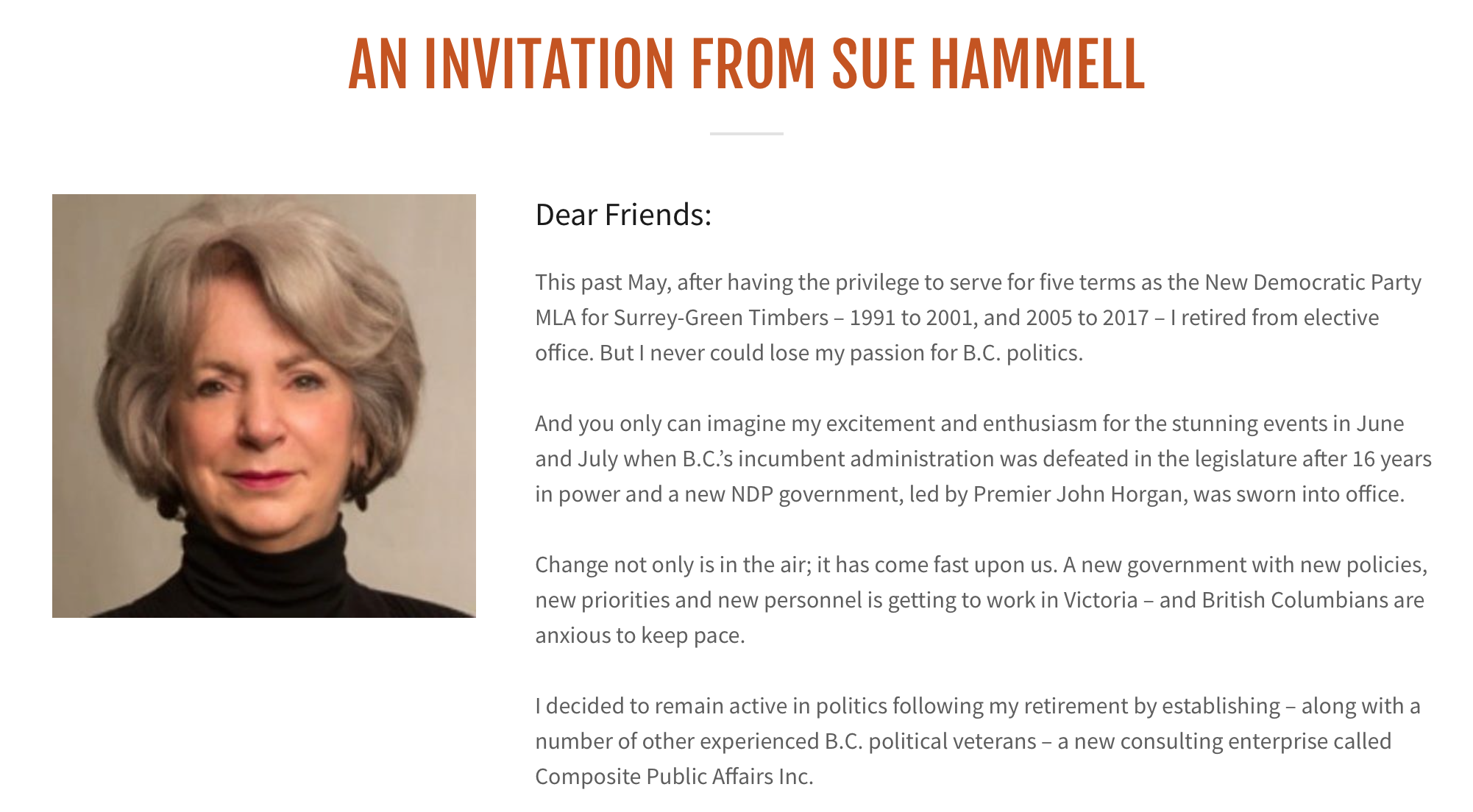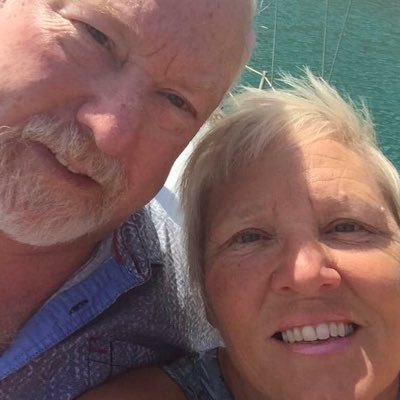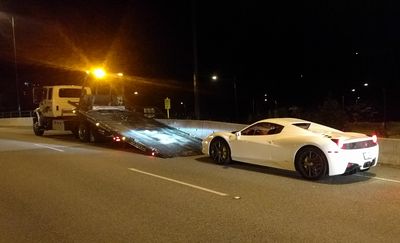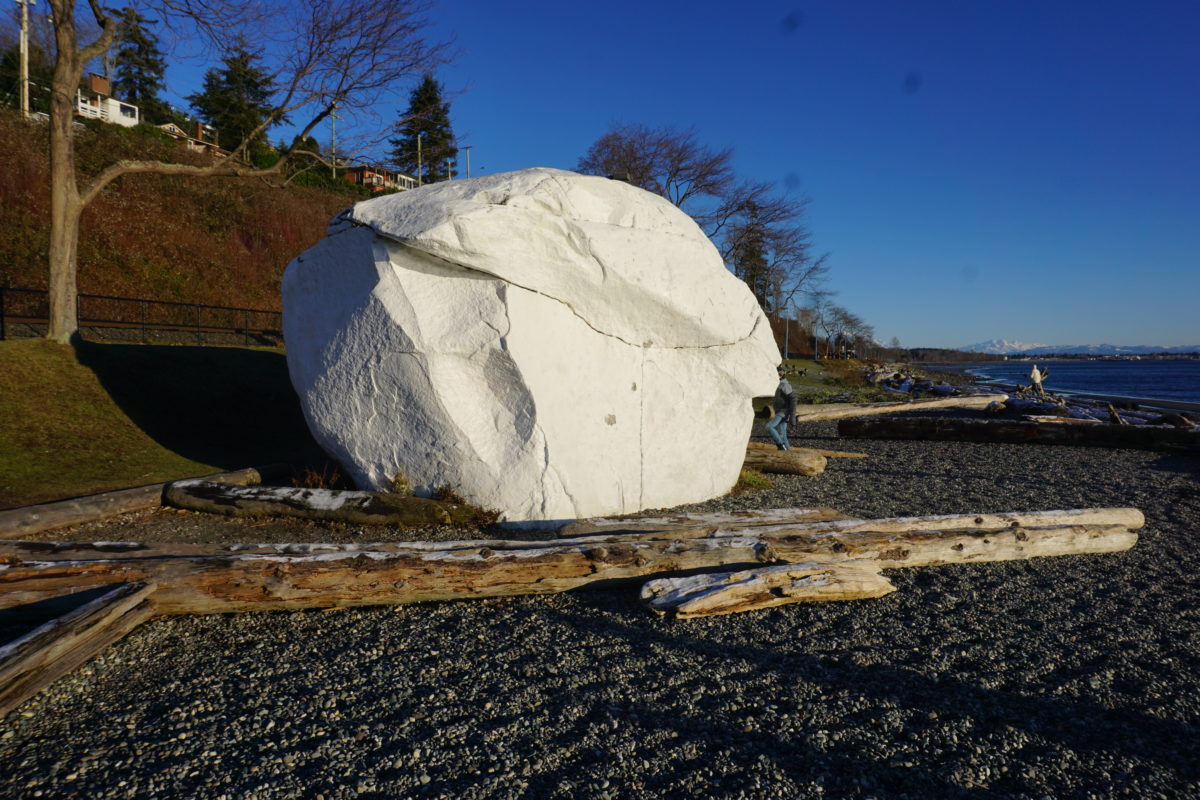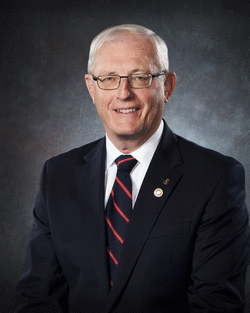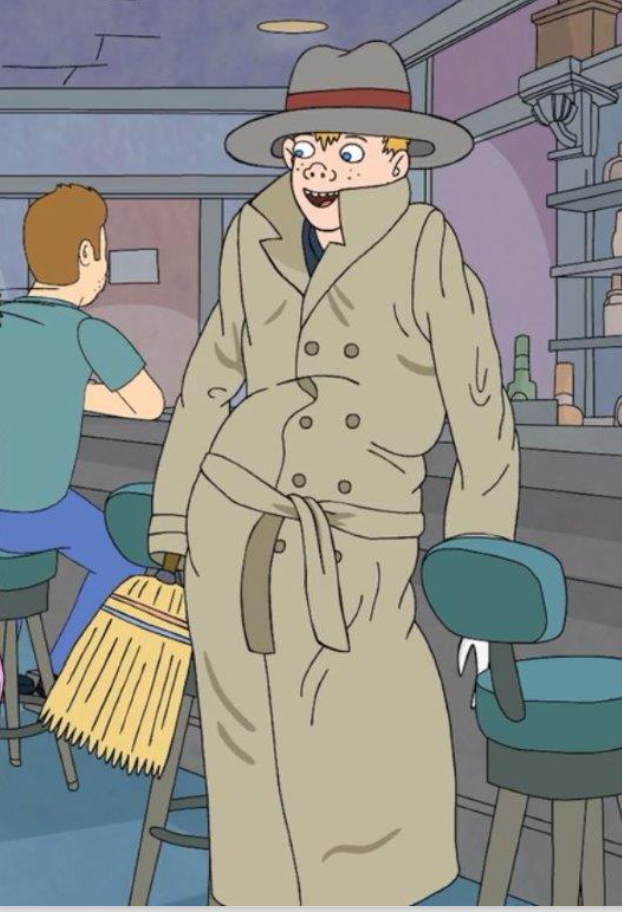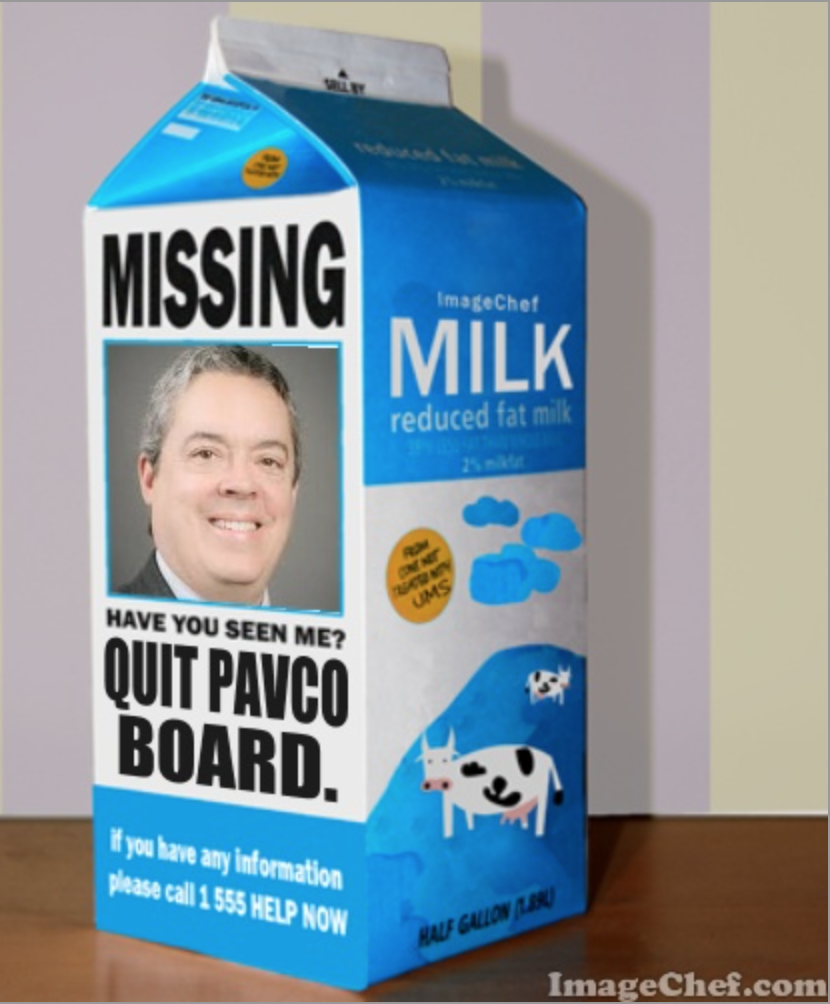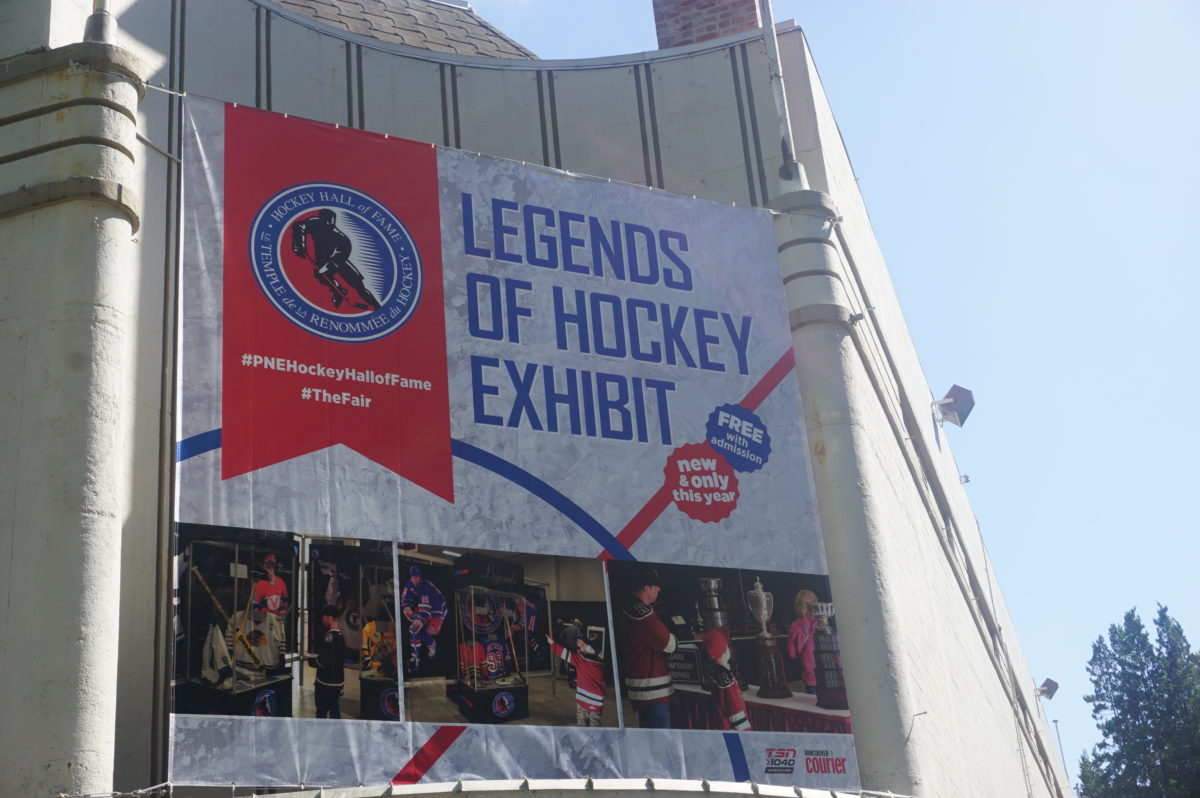Bob Mackin
The Grumpy Taxpayer$ of Greater Victoria “are happy today,” says spokesman Stan Bartlett, after hearing that B.C.’s finance minister pulled the plug on a bid for the 2022 Commonwealth Games.
Carole James wasn’t expecting to announce a decision on seeking the billion-dollar-plus mega-event until next week. The NDP finance minister had already expressed doubt over the rushed bid, which will leave the chosen city less than five years to do what is normally done in seven.
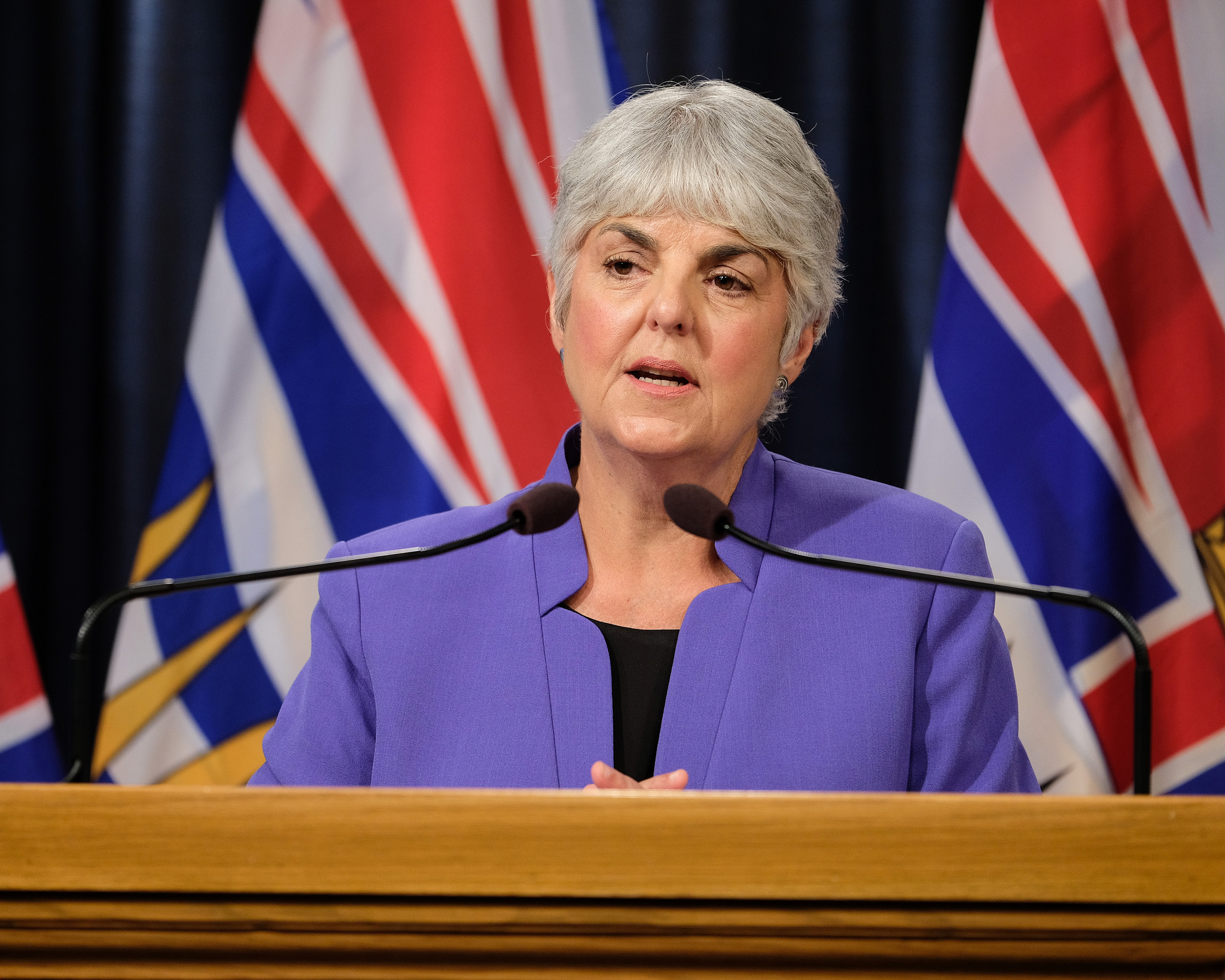
Finance Minister Carole James (BC Gov)
“We certainly compliment the minister of finance for her caution and analysis around the bid, she fulfilled her fiduciary duty to the taxpayers,” Bartlett said. “Obviously she saw the same numbers as we did.”
The Commonwealth Games Federation is looking for a new host after it stripped planning laggard Durban, South Africa in March. The frontrunner could become Liverpool or Birmingham, depending on the United Kingdom’s imminent decision.
In a news release, James said there were too many unknown details to fully understand the “costs, obligations and risks” of hosting the Games in Victoria, Vancouver and Richmond in 2022.
“Those include commitments from the federal government and local governments, commitments on revenues from the Games, finalized venue locations, costs for security and emergency response, as well as any added costs to the Province, like transit, transportation infrastructure and health services that would come with the influx of athletes, coaches, dignitaries and visitors,” James said.
James also said the Games bid did not correspond with government spending priorities, such as dealing with the costs of this summer’s interior wildfires and the ongoing opioid overdose epidemic.
The Victoria bid committee, headed by newspaper publisher David Black, released what it called a business plan on Aug. 16. It wanted $400 million, plus an unlimited guarantee to pay for cost overruns, from the B.C. government, $400 million from the federal government and $25 million in services, mainly traffic police, from municipalities. The committee believed it could fund the other $130 million from the sale of TV rights, tickets, merchandise and sponsorships. The biggest unknown cost was security. The federal government spent $900 million to secure the Vancouver 2010 Winter Olympics.
Victoria hosted the 1994 Commonwealth Games, but the event has doubled in size since then because of the addition of team sports.
Commonwealth Games Canada president Brian MacPherson called James’ decision disappointing, but not surprising.
“Time and timing are two essential ingredients for a successful Games bid and unfortunately neither was on our side,” he told theBreaker.
MacPherson said Canada will not bid for the 2026 Games, but will consider applying for 2030.
He said his association will respect the Canadian Soccer Association’s joint bid with the U.S. and Mexico for the 2026 FIFA World Cup and the Canadian Olympic Committee, which is mulling a bid to bring the 2026 Winter Games to Calgary.
“Given Canada hosted the first Commonwealth Games in 1930, CGC will seriously look at mounting a strong, winnable bid for the centennial Commonwealth Games in 2030,” he said.
Those Games were hosted in Hamilton. Sport Minister Carla Qualtrough told theBreaker in early August that the Ontario city is already talking to the federal government about a bid.
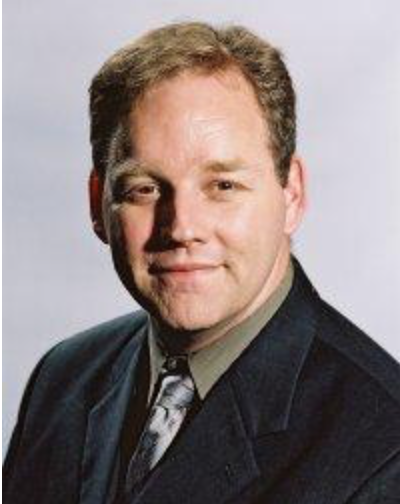
Commonwealth Games Canada’s MacPherson
Asked if he was surprised that James did not give another week to study the bid, Black told theBreaker: “Carole James is a smart, capable person. You’ll have to ask her why B.C. didn’t want to proceed.”
The bid committee proposed holding most events in and around Victoria, with the exception of rugby sevens in Vancouver and table tennis and badminton in the Richmond Olympic Oval.
Several municipalities in the region supported the bid in principal. Esquimalt did not. As pleased as he is with James’s decision, Bartlett said he is disappointed with how municipal politicians handled the bid. “We certainly weren’t happy with the closed-door mentality and secrecy around the bid process. “
“We are pro-business and pro-economic developement, but sure as hell won’t put up with wasted tax dollars,” Bartlett said. “That’s what this was about from the start.”
Kris Sims, B.C. director of the Canadian Taxpayers’ Federation, said British Columbians are already “stretched to the max” because of taxes, housing costs and hardships like the wildfires and downturn in the energy sector.
“Asking them to foot the huge bill for a large event like the Commonwealth Games would have been unfair and we are pleased the BC government has made the right decision.”
Bob Mackin
The Grumpy Taxpayer$ of Greater Victoria






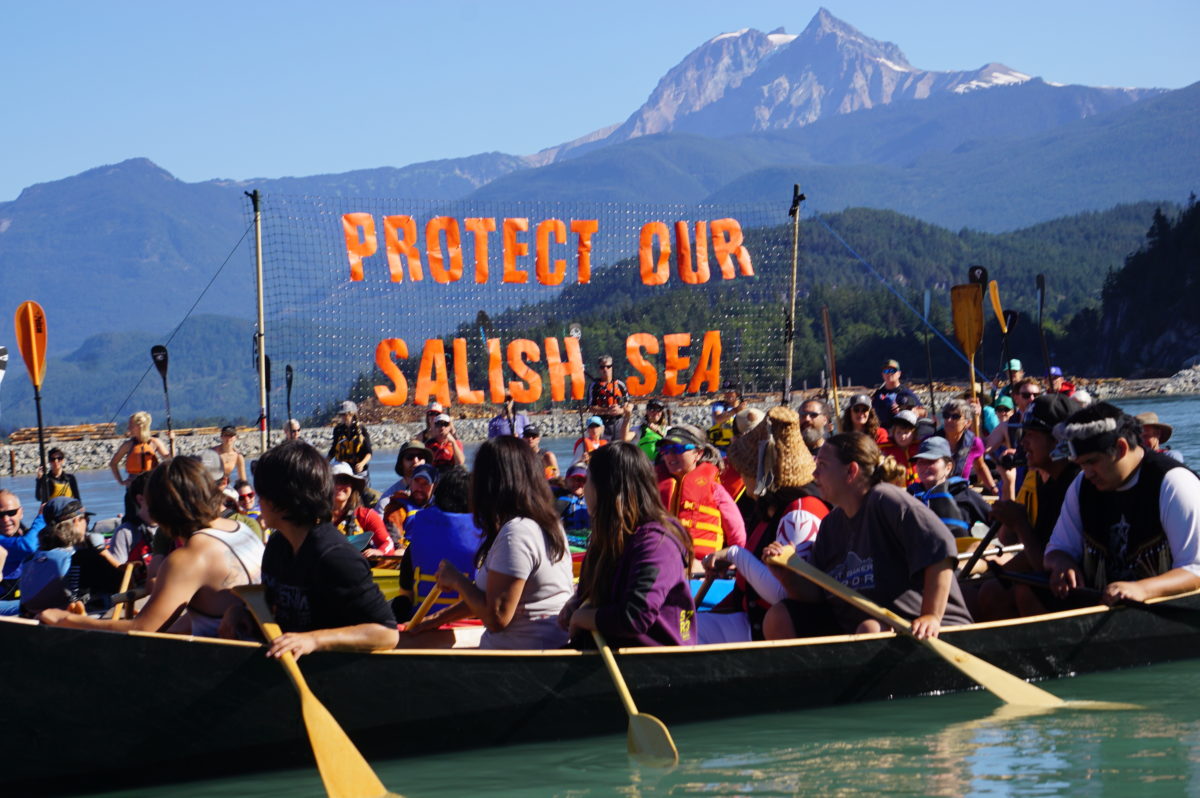
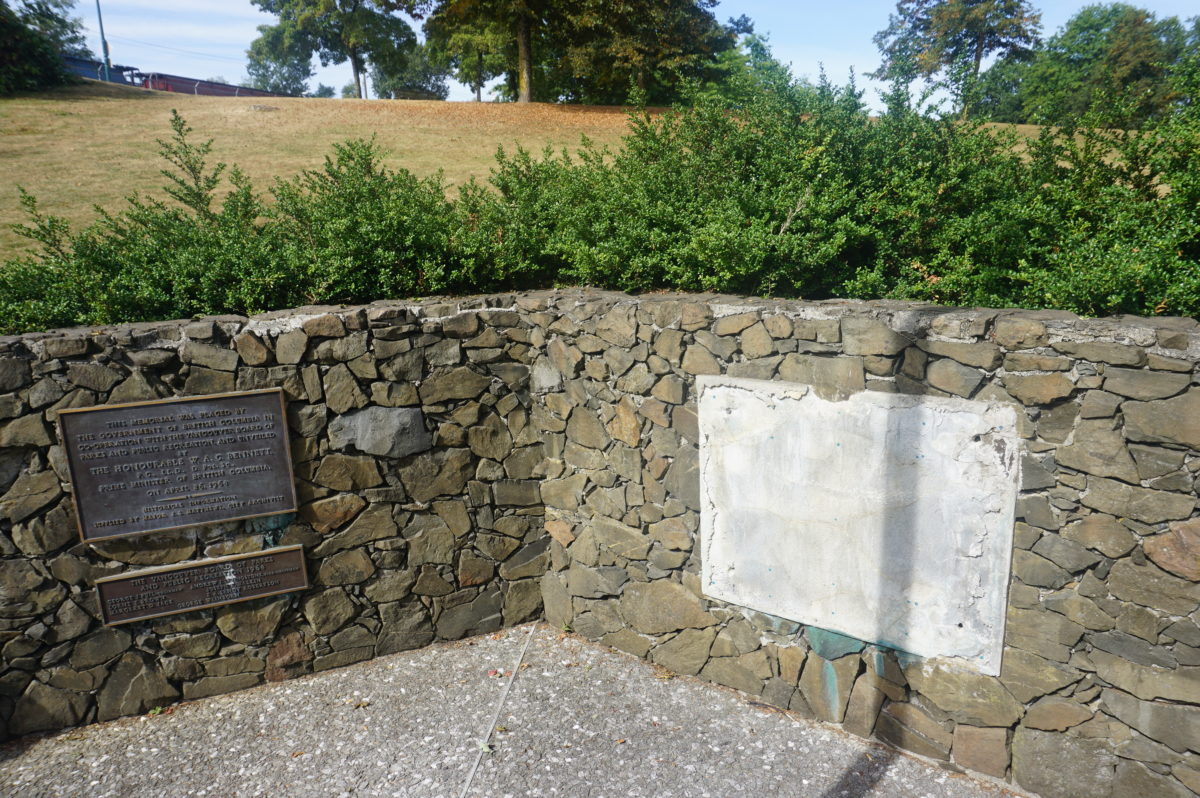
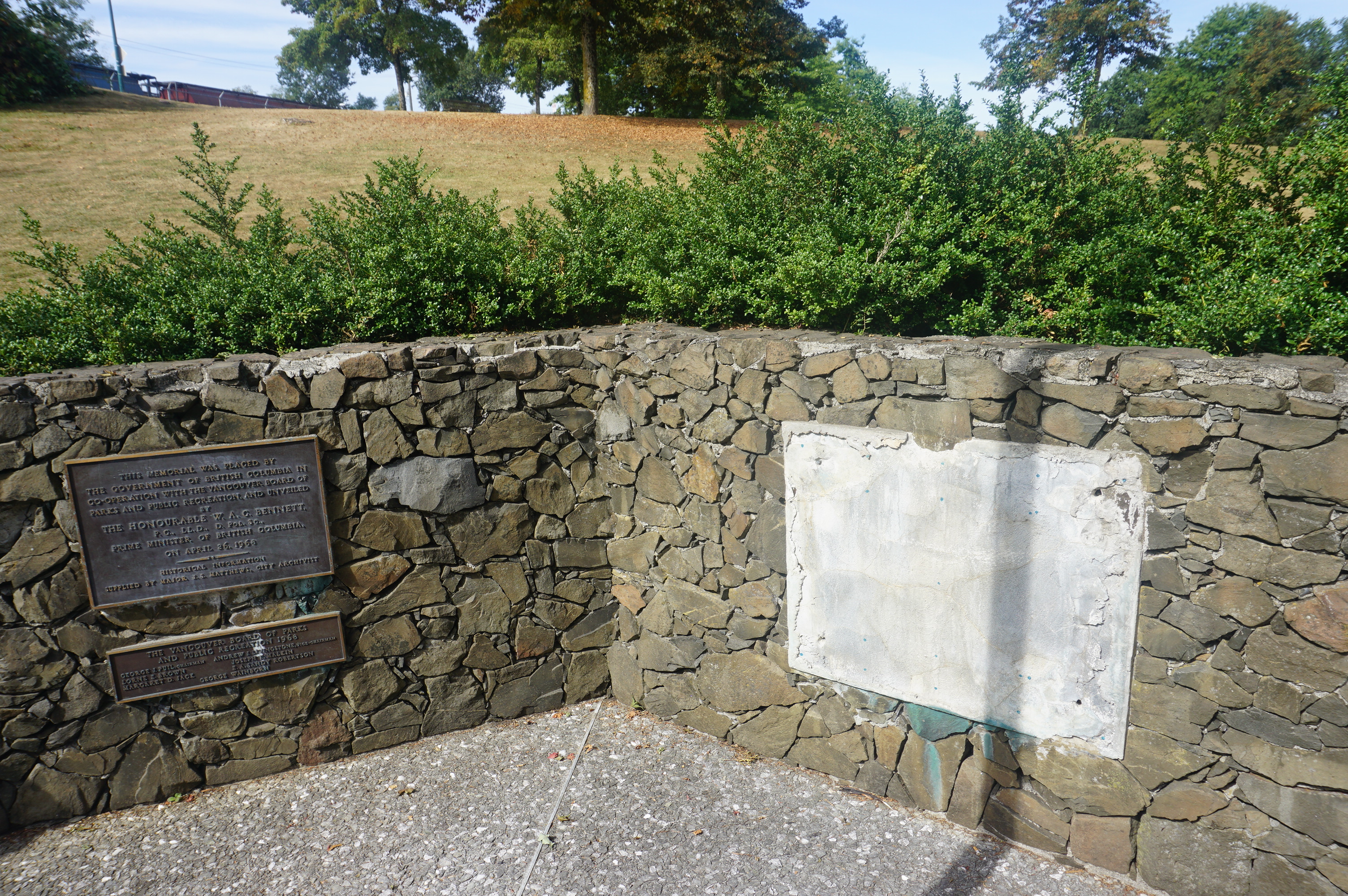
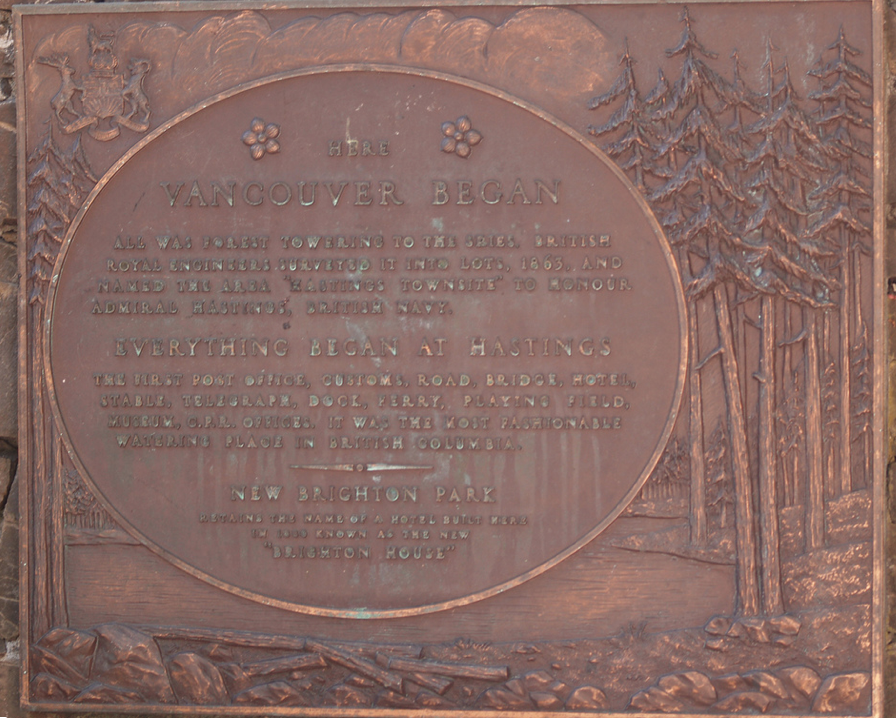
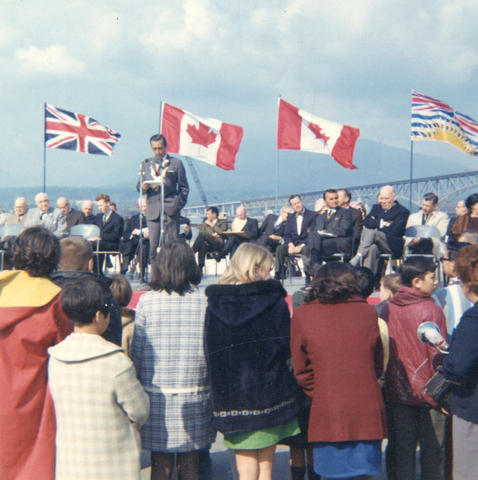
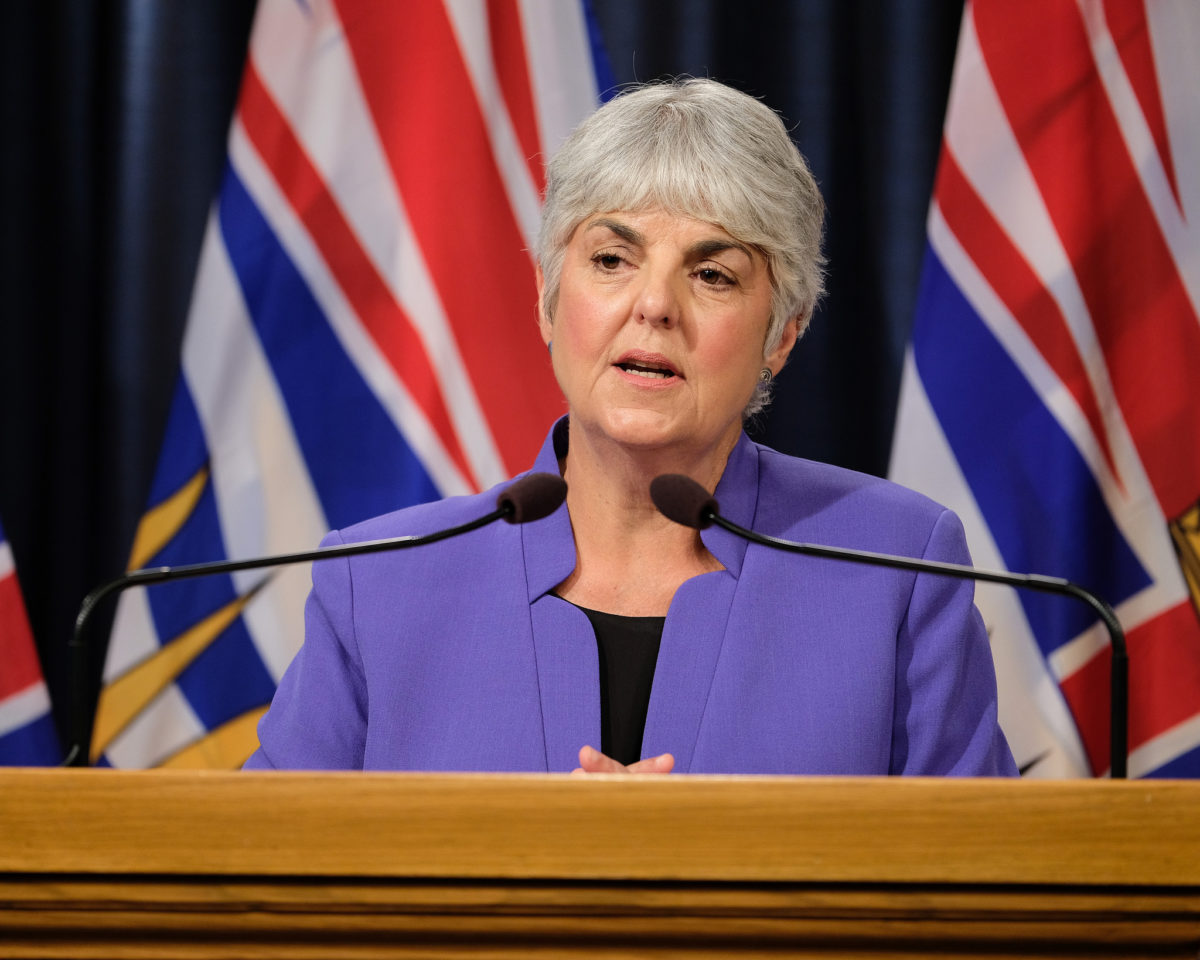


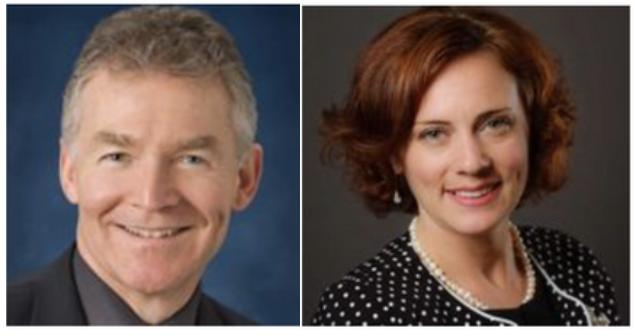

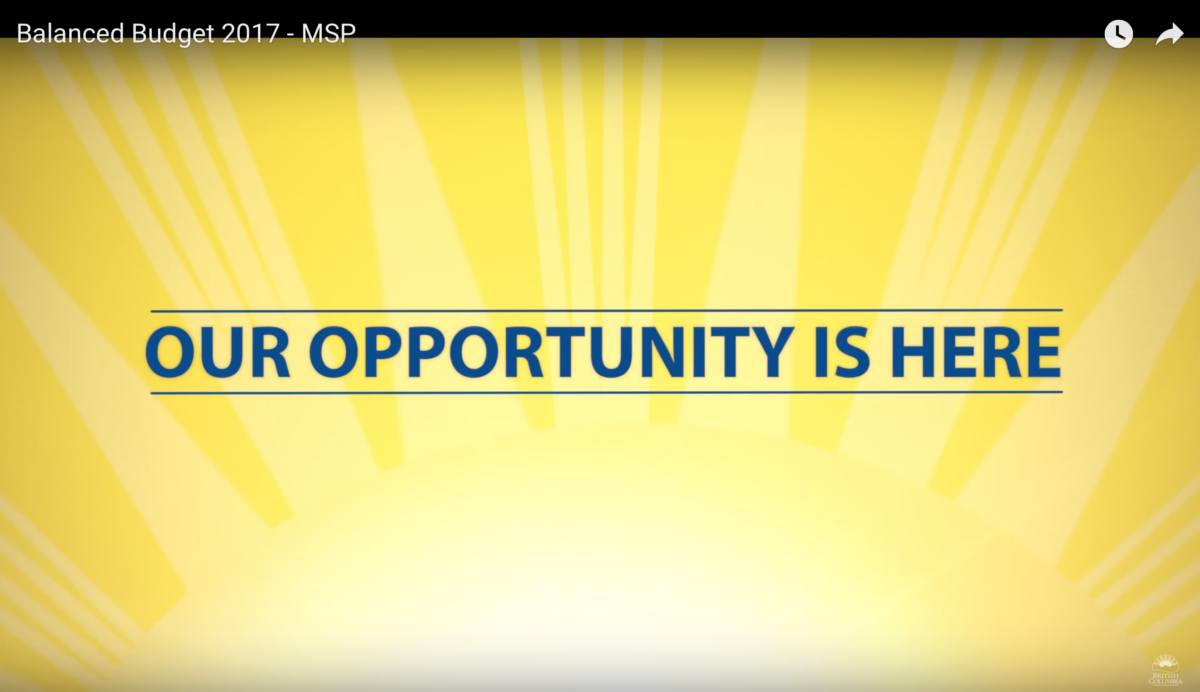
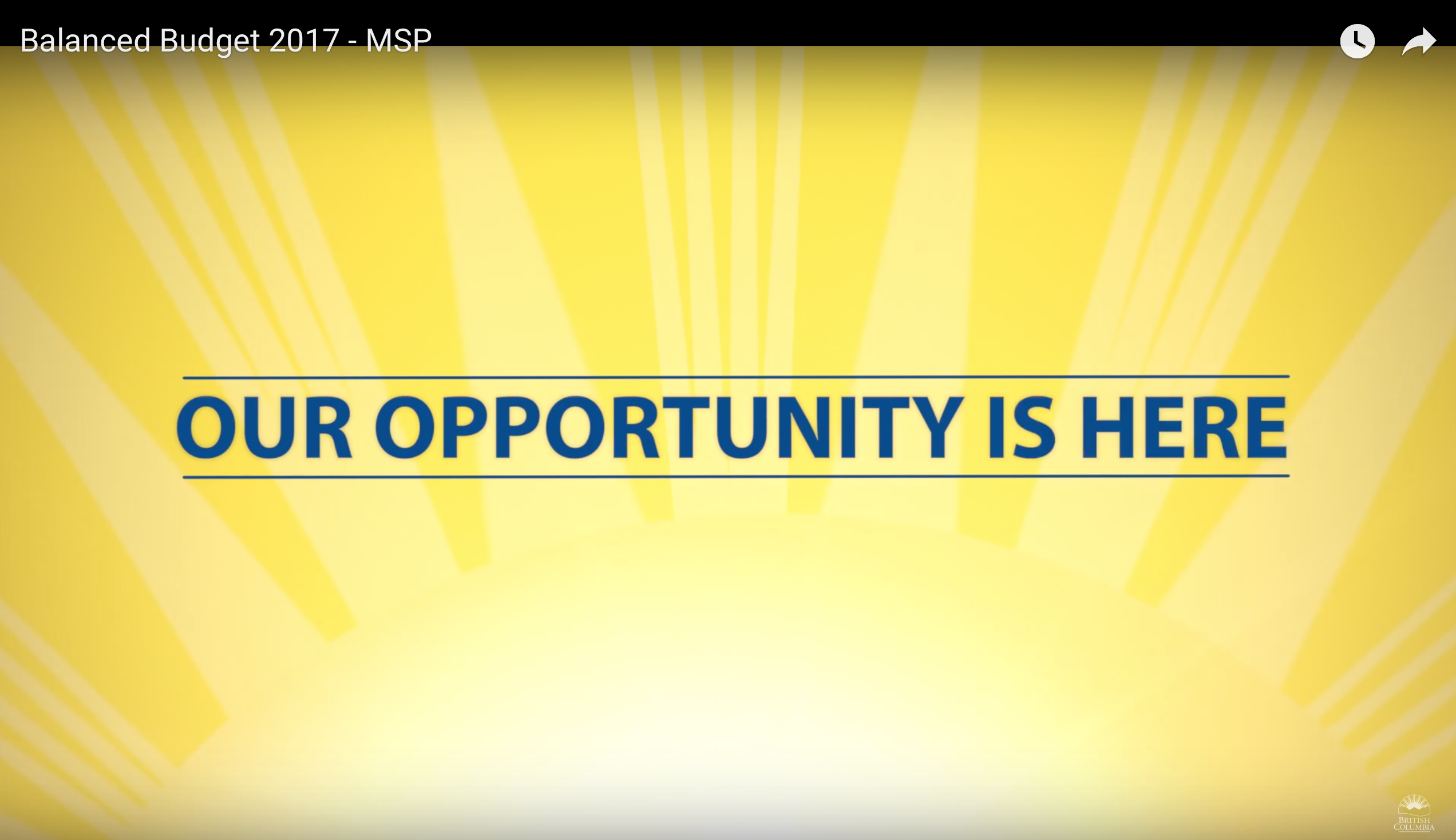
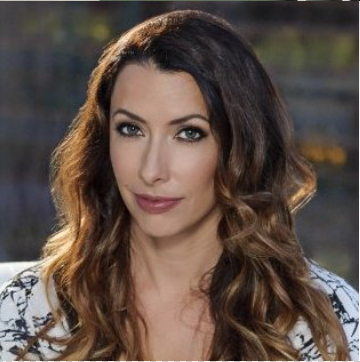
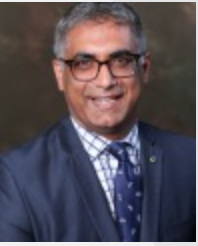
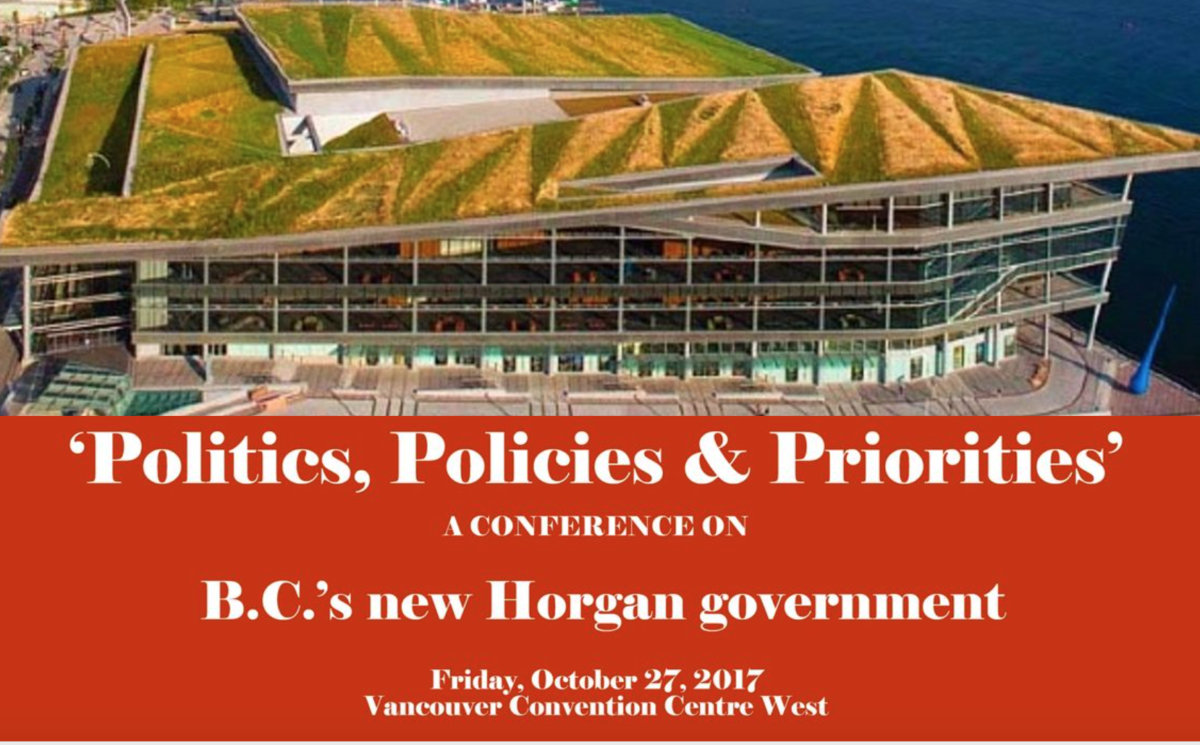
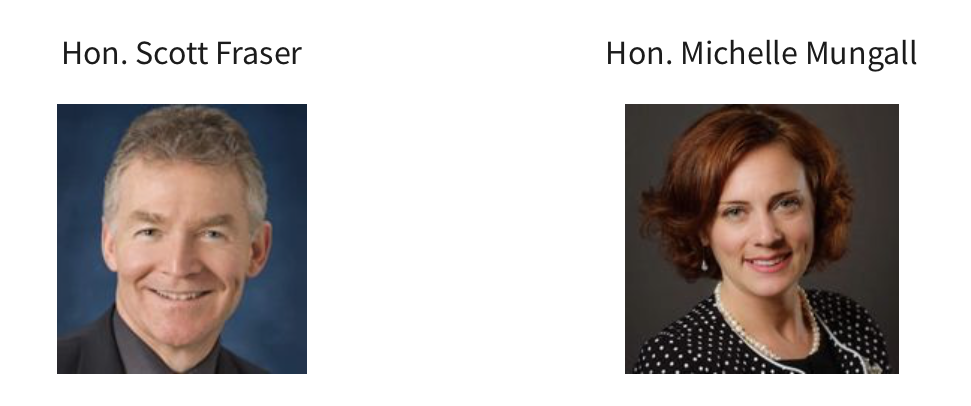 Mungall became top aide to the energy, mines and petroleum minister when the NDP government was sworn-in, theBreaker has learned.
Mungall became top aide to the energy, mines and petroleum minister when the NDP government was sworn-in, theBreaker has learned.